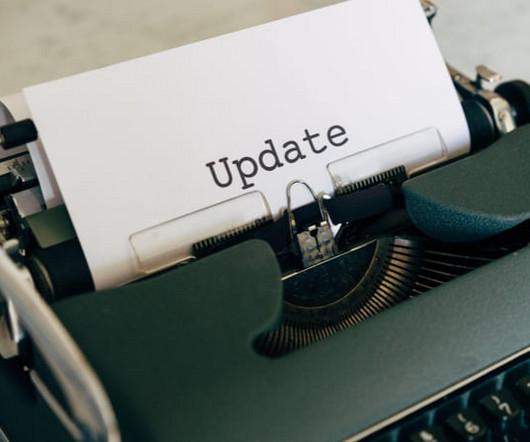Theory, Theory Everywhere and Not a Drop of Use!
Lead Change Blog
FEBRUARY 23, 2018
However, since 2003, I have used Michael Fullan’s theory with excellent results in my consulting practice. Why you need to be emotionally intelligent to use this model. I offer my apologies for massacring an old saying, but for many years I have encountered lots of change theory, often applied poorly.












Let's personalize your content